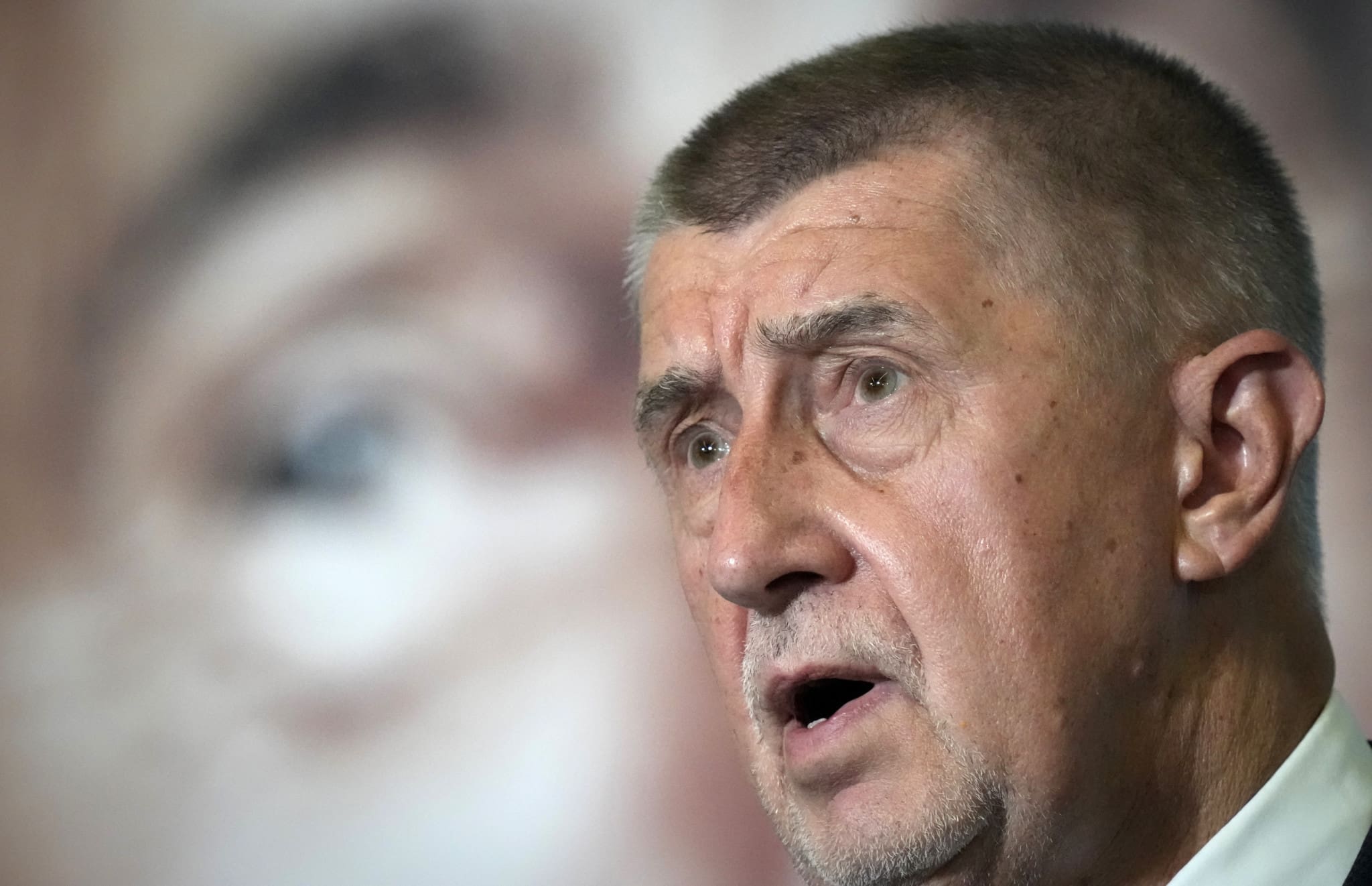The incumbent Czech government has done little to ease the recent tensions that have arisen among the Visegrád Group, and restoring the alliance to its former glory would be a priority for a new administration headed by Andrej Babiš, the former Czech prime minister has said.
In an interview with Hungarian newspaper Magyar Hírlap ahead of his attendance at the Conservative Political Action Conference (CPAC) in Budapest on Friday, Babiš berated the current five-party Czech coalition government spearheaded by liberal Petr Fiala.
He claimed Czechia had failed to act as it should have to address tensions arising between fellow Visegrád nations, namely Poland’s disapproval of Hungary’s commitment to neutrality regarding the ongoing conflict in Ukraine.
Asked whether the current Czech government has rejected close ties to the Visegrád Group, also known as the V4, the former Czech prime minister warned that a weakened V4 is a “big mistake” and “one that will negatively affect the Czech Republic long after this government falls.”
[pp id=25008]
“Together, the V4 countries can be one large member state of the EU and its institutions,” he said, and pledged to “be at the head of the program to restore the unity of the V4 countries” should his ANO party return to office.
“Currently, the main problem for the V4 is the tension between Poland and Hungary. The Czech Republic should strive to ease these tensions,” Babiš added.
Asked whether recent issues such as illegal migration, the dumping of Ukrainian grain on internal markets in the region, and rising energy costs and inflation had resulted in the need for a strong Visegrád alliance once again, the Czech politician replied: “Yes, I’m almost certain of that.”
“Hungary, Poland, Slovakia, and the Czech Republic have many common interests and are therefore natural allies. It is unfortunate that no one in our government realizes this,” he added.
Babiš accused the current Czech administration of being “completely incapable of carrying out its duties,” claiming the five-strong coalition government has done little for the country during its time in office and has broken all of its election promises.
[pp id=74438]
“It is no wonder that people are angry because real wages in the Czech Republic have fallen by 10 percent, we have the third highest inflation rate, and the price of electricity is among the highest in Europe.
“Add to that the arrogance of government politicians and the chaos that surrounds everything the government is involved with,” he added.
The former Czech prime minister was also asked about his attendance at CPAC Hungary in Budapest later this week, a gathering of conservative politicians from across the U.S. and Europe. He called on the Czech government to “maintain open relations with both sides of the American political spectrum,” warning that relationships with U.S. conservatives “will certainly prove useful in the future.”
“Brussels institutions constantly attack national sovereignty, freedom of speech, common sense, conservative values, traditions, and our way of life,” he claimed, accusing the European Union of allowing itself to be held hostage by what he describes as “climate jihadists and carbon dioxide ideologues who seem to want to destroy European industry and reliable energy sources; impoverish European citizens; and turn ordinary things like owning a car, taking a summer vacation or eating meat into luxuries.”
At the same time, he insisted that while he may not be entirely on board with everything due to be discussed at CPAC, the gathering is important for the free flow of ideas and debate, something that is often lacking among the liberal establishment.
“I don’t have to agree with everything that is said at the conference, but in political debates, it is always important to exchange ideas and meet people with different opinions. That’s politics, that’s how it should be. One should not isolate oneself from other points of view,” he added.






